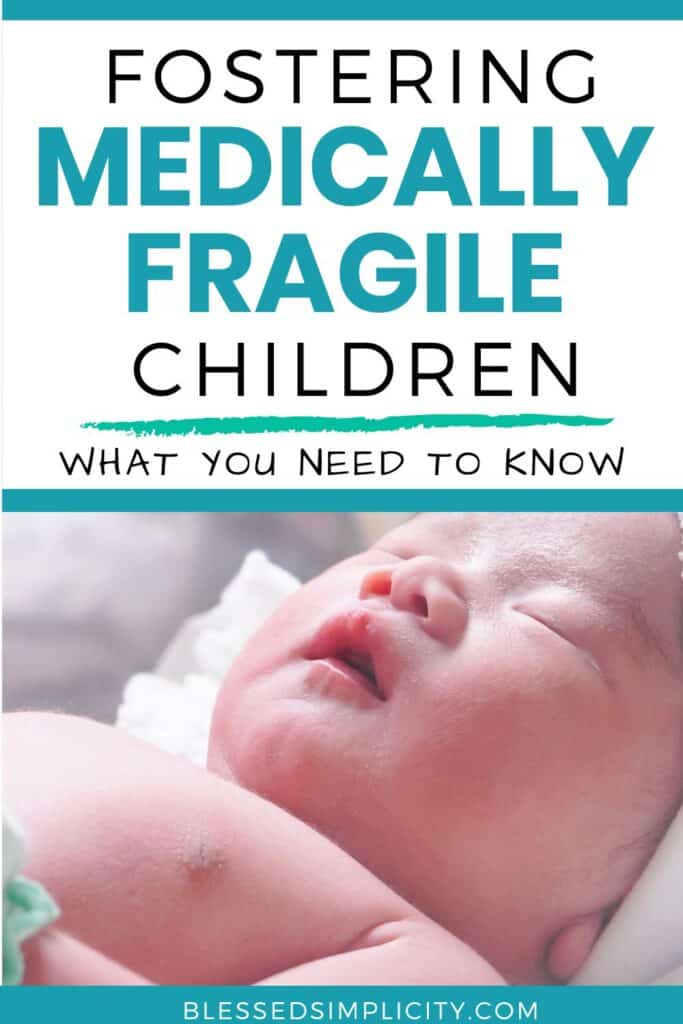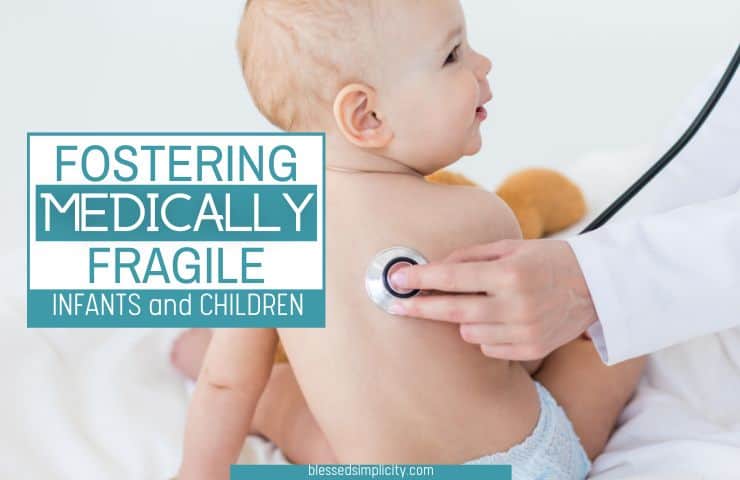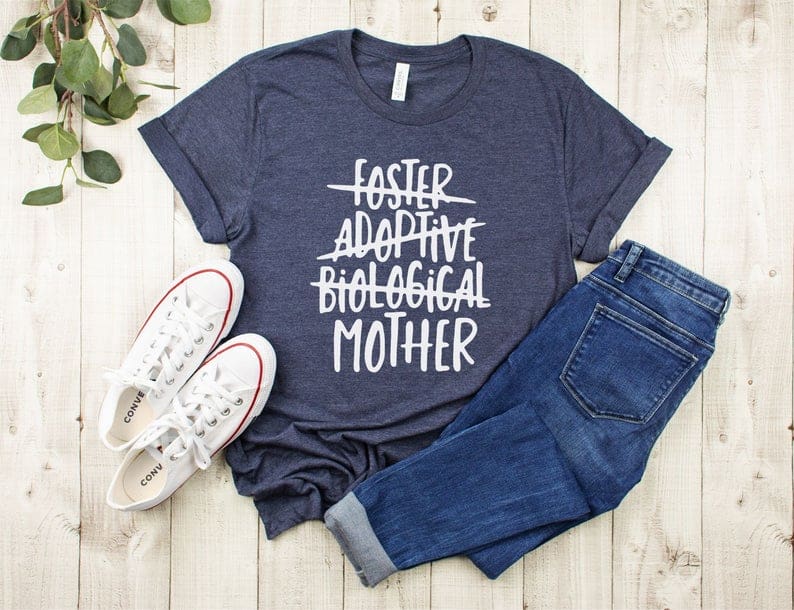Fostering Medically Fragile Infants
Fostering medically fragile infants is one of the most mentally and physically taxing kinds of foster care. It can be done with love, determination and these tips for foster parents.

*This post contains affiliate links. Please see full disclosure policy below.
When most people think of foster care, they often envision children who are older and have already been through a lot of trauma in their young lives. What they may not realize is that there is a great need for foster parents who are willing to open their homes to medically fragile babies.
These infants typically have complex medical needs that require around-the-clock care. As a result, they often spend extended periods of time in the hospital before they are well enough to be discharged to a foster home. Foster parents who are willing to take on these challenges can make a tremendous difference in the lives of these medically fragile infants.
If you are considering becoming a foster parent and have questions about fostering medically fragile infants, there are resources available to help you make an informed decision. Here are a few things you should know up front before agreeing to foster a medically fragile infant:
Fostering Medically Fragile Infants
Foster care in general, just like parenting, takes a lot of work. Children in foster care have a complex set of needs that often require extra interventions, medically complex children, especially medically complex infants, require even more care, time and attention.
What does a medically fragile infant mean?
A child is defined as “medically fragile” when, due to abuse or neglect, illness, congenital disorder or brain injury, he/she requires medications, treatments and/or specialized care or equipment.
Some conditions that may qualify a child as medically fragile are:
- Fetal alcohol syndrome
- Chronic conditions such as Cystic Fibrosis, Down syndrome or other genetic disorders
- Cerebral Palsy
- Prematurity
- Muscular Dystrophy
- Epilepsy
- Failure to thrive
- Neonatal Abstinence Syndrome (NAS)
Around the Clock Care
As a foster parent of a medically fragile infant, you can expect to provide around-the-clock care. This includes everything from feeding and diapering to administering medications and providing respiratory support. You will also need to be vigilant in monitoring your baby’s health, as even minor changes can indicate a serious problem.
Some diagnoses will allow a child to be provided with in-home nursing care to assist the parents, but this is still a stressor to have strangers in your home. Children who do not qualify for nursing care in home will often have monitors attached to them at night while they sleep. This makes sleeping at home much like sleeping in a hospital.
At Home Medical Interventions
Common treatments and procedures that a medically fragile child may require are:
- A feeding tube placed in the nose, stomach or small intestine to deliver nutrients.
- Intravenous therapy
- Oxygen support or ventilator
- Urinary catherization
- Cardiorespiratory monitoring
How much does it cost to foster a medically fragile infant?
The “cost” of foster care varies depending on the state you live in and the specific needs of the child. Most foster families receive a monthly stipend to help cover the costs of care for a child. The stipend for a medically complex child is often more than that of a stipend for a physically health child. However, in general, the costs associated caring for a medically complex child will include basic care as well as medically necessary supplies not covered by insurance, additional respite not provided by the foster care agency, and transportation expenses to and from doctor’s appointments or therapy sessions.
Who pays for the medical care for infants in foster care?
Foster children are typically covered by the Medicaid program of the state in which they live. This insurance has no deductibles or copays and typically covers pharmacy and durable medical supplies ordered by a physician at 100%.

Will medically fragile infants meet their developmental milestones on time?
Children with medical challenges often do not meet their developmental milestones on time. Until their medical issues are resolved or at least under control, their brains and bodies expend all their energy just keeping them alive. Because of this, milestones such as walking, eating, and toileting are often delayed.
For the foster parent, this may mean that they are still changing diapers for and feeding an older child. This is certainly something to be prepared for.
Foster Parent Self-Care is Essential
For all parents, self-care is important, even more so for foster parents. For foster parents of medically fragile infants, self care is absolutely essential. A few self care tips for foster parents are:
- Keep Your Body Physically Healthy
- Prioritize Sleep
- Get Group or Individual Coaching from a Certified Coach
- Use respite whenever possible
- Have an outlet just for you
What kind of emotional support do foster parents need to provide to medically fragile infants?
You may not think that an infant will need emotional support, but that is not the case. Bonding and attachment are key to the development of both brain and body for all babies. An infant who is medically fragile is often not held as frequently as a healthy child, this is more often true of babies in foster care. It is important that you provide bonding and attachment time for a foster baby, even if they are medically complex. Some bonding activities are:
- Reading aloud
- Rocking
- Singing
- holding while feeding
If you have questions about Foster Parenting
You can join my Foster Care and Adoption Questions and Answers Facebook Group here and you can join my email list below for free resources and encouragement.




